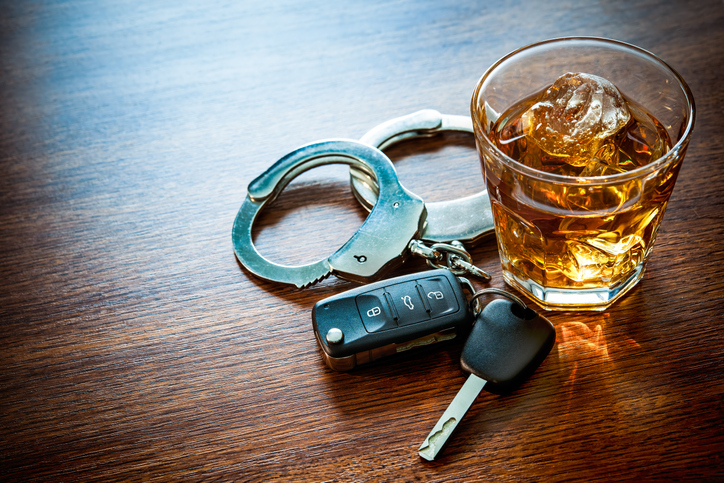If you’re facing a drunk driving charge, DWI, or a DUI, you might be wondering if the charge will be a felony on your record. Well, it depends on the specific circumstances of your DUI. First-time offenders might receive a gross misdemeanor charge instead of a class B felony.
According to the Revised Code of Washington (Section 46.61.502), a DUI or DWI is a charge based on a person driving while under the influence or combined influence of alcohol, cannabis, or other drugs. The concentration defined for alcohol is .08 or higher, while the concentration determined for THC is 5.00. You can test these concentrations via blood or breath.

Is DUI a Felony in Washington State?
Generally, a DUI or physical control while under the influence charge in Washington will result in a gross misdemeanor charge, which is slightly less severe than a felony charge. However, there are a few RCW factors that might upgrade the charge to a class B felony. Some of these case changing DUI variables might be, but are not limited to:
- If the driver is a juvenile
- If the driver has three or more similar offenses on their record
- If the driver has convictions of either vehicular assault or vehicular homicide while under the influence
- If the driver has similar out of state convictions pertaining to vehicular assault or vehicular homicide
What Are the Sentences for DUI in Washington State?
The sentences for a felony DUI may differ somewhat from the sentences for a gross misdemeanor DUI. Gross misdemeanors can be punishable by a maximum of 364 days in county jail and may or may not include a fine of up to $5,000. There may be additional sentencing requirements such as home confinement monitoring or sobriety monitoring (including ignition interlock devices) as directed by RCW 46.61.5055.
If there are repeat DUI offenses or additional penalties for various factors in your situation, the charge and sentence may be enhanced. These enhancements will include higher minimum fines, fees, and time spent in jail. Additionally, felony-level alcohol violations or felony DUIs can require mandatory sentences that can include, but are not limited to:
- Court-ordered alcohol or chemical dependency treatment while incarcerated.
- Court-ordered revocation, suspension, or denial of driver’s license or driving permit.
- Court-ordered use of an ignition interlock device for a period between one to ten years.
The different felony classes of DUI will have enhanced maximum incarceration times and increased maximum fines. There are three classes of felony offenses, each with different maximum sentencing outlines. According to the Revised Code of Washington, these are:
- “Class A felonies – punishable by a maximum of a life sentence in a state correctional institution and/or a fine up to $50,000.”
- “Class B felonies – punishable by a maximum of ten years in a state correctional institution and/or a fine up to $25,000.”
- “Class C felonies – punishable by a maximum of five years in a state correctional institution and/or a fine up to $10,000.”
Speak to an attorney today from the Leyba Defense team at (206) 922-8658 to discuss your legal concerns about DUI charges.
